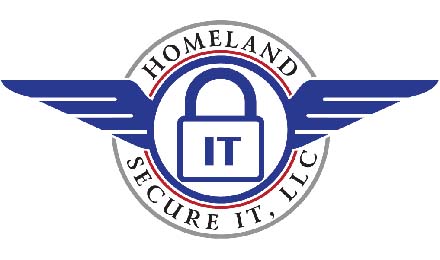Here’s a few calls we have received in the last couple weeks:
“My computer is locked and a screen is displaying a message from the FBI saying I have to pay a fine in order to use it again”
“A window says I am in violation of the law for downloading media or port and says it is from the FBI”
One user in the know says, “I am infected with the Reveton FBI virus, can you remove it?”
Without question, this has been one of the more popular exploits we have seen so far this year. It is called the Reveton virus, and is part of a Citadel malware payload that distributes a number of malicious software.
This is so popular that the FBI has had a “new internet scam” page up since August and this is an excerpt from that page that goes back to May 2012. (This is not new by any means):
The IC3 suggests the following if you become a victim of the Reveton virus:
- Do not pay any money or provide any personal information.
- Contact a computer professional to remove Reveton and Citadel from your computer.
- Be aware that even if you are able to unfreeze your computer on your own, the malware may still operate in the background. Certain types of malware have been known to capture personal information such as user names, passwords, and credit card numbers through embedded keystroke logging programs.
- File a complaint and look for updates about the Reveton virus on the IC3 website.
Pay close attention to that third bullet point. Some tools and anti-virus appear to clean Reveton, however it is possible that the malicious software it is still running in the background. Some of the features of the Citadel malware package are keyloggers, remote monitoring (ability to turn on webcams) and more!
A fresh install of the operating system is always the most sure-fire way to fix a virus infection, but after a reinstall, you will have to reload all of your applications, then patch the OS, Adobe, Office, Java, in order to insure you do not get re-infected!
You can avoid becoming infected by keeping your Microsoft Windows operating system up to date, applying the latest patches and updates for Microsoft Office, Internet Explorer, Firefox, Chrome, iTunes, Adobe (Flash, Shockwave, Acrobat, Reader) and Java, and keeping a quality anti-virus product current. Combine those simple things with regular backups and a little common sense when visiting websites and opening emails and you will reduce your chances many times over.
Anyone in the Upstate (Greenville, Easley, Clemson, Simpsonville, Spartanburg, Anderson) SC area who needs help removing this or any other virus, trojan, malware, ransomware of malicious software should call us at 864-990-4748, we have affordable rates and quick turn-around. We specialize in business computer, server and network system sales, security and service, but provide repair for individuals in our office.
